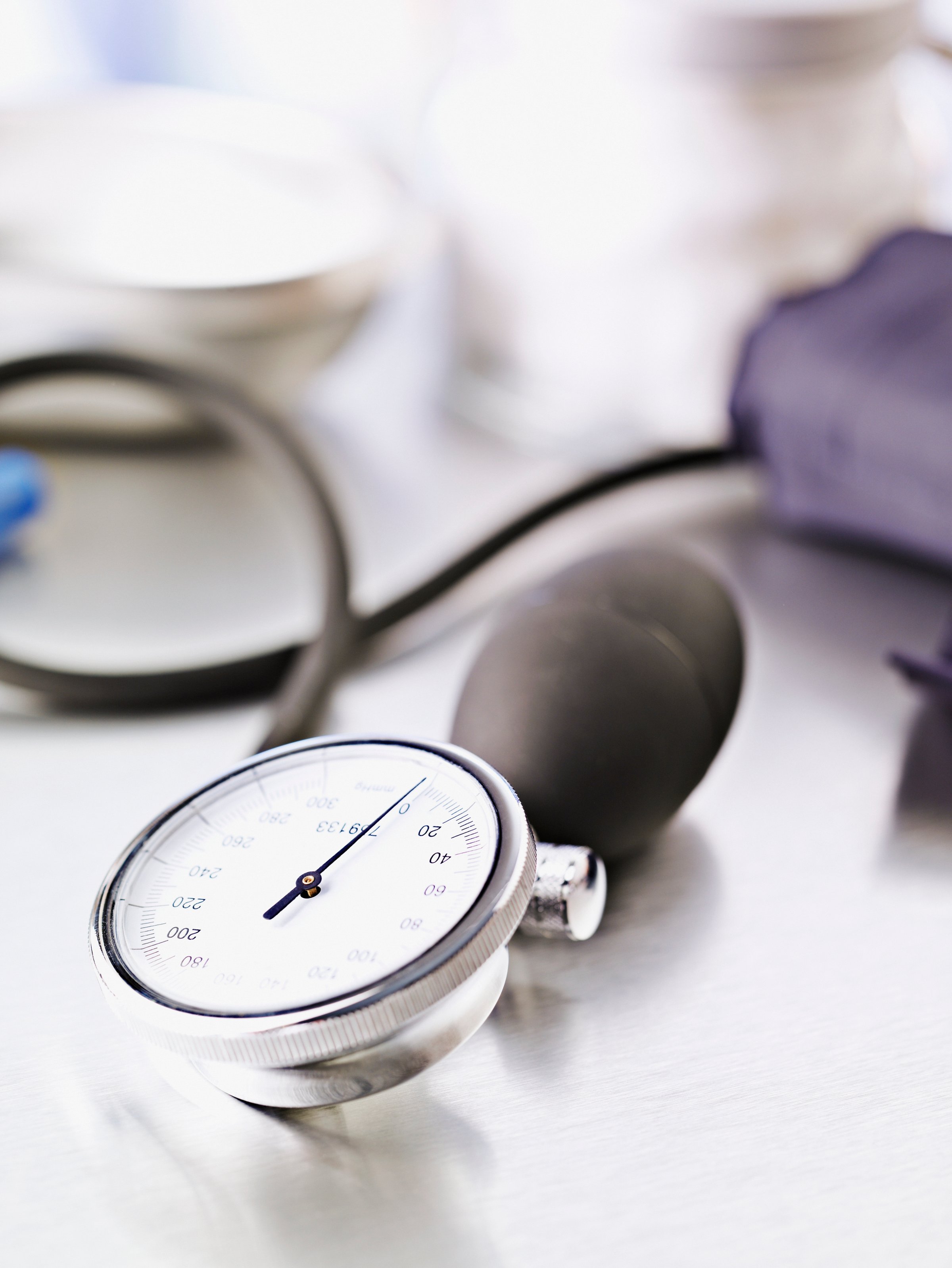
Hypertension and depression may share some important biological pathways, an insight that may one day lead to a new way to treat depression.
Previous studies have found that people with high blood pressure who take drugs to treat their condition tend to experience more depressive symptoms, while major depressive disorder is linked to a 1.3 fold greater risk of developing hypertension. To better understand how the two are connected, Sandosh Padmanabhan, professor of cardiovascular genomics and therapeutics at the University of Glasgow, and his colleagues took advantage of hospital data recording people’s blood pressure history and mood disorders.
In a report published in Hypertension, Padmanabhan analyzed data from more than 144,000 people who had high blood pressure and were prescribed a drug to treat it. He compared this information with data on whether they were admitted to the hospital for a mood disorder over five years. Of the four different types of popular anti-hypertensive drugs in the study, two classes—beta blockers and calcium channel blockers—were linked to a higher risk of depression requiring hospitalization compared to angiotensin antagonists such as ACE inhibitors. The angiotensin drugs, however, were associated with a lower risk of mood disorder admissions, even compared to people who weren’t taking any medications for blood pressure control at all.
That suggests that angiotensin antagonists might be protecting people from developing mood problems, which opens the possibility that they might be used as treatments for mood disorders like depression—even for people without hypertension.
But Padmanabhan warns that more research is needed before doctors should consider prescribing the anti-hypertension drugs for depression, or for people taking beta blockers and calcium channel blockers to worry about their risk of depression. “Nobody should stop their treatment for hypertension” based on these results, he says. “However, the findings are something that we want doctors to be aware of.”
The data is also important for depression researchers; it provides some new theories for scientists to test about how the pathways affected by the angiotensin drugs overlap with those involved in mood.
More Must-Reads from TIME
- Donald Trump Is TIME's 2024 Person of the Year
- Why We Chose Trump as Person of the Year
- Is Intermittent Fasting Good or Bad for You?
- The 100 Must-Read Books of 2024
- The 20 Best Christmas TV Episodes
- Column: If Optimism Feels Ridiculous Now, Try Hope
- The Future of Climate Action Is Trade Policy
- Merle Bombardieri Is Helping People Make the Baby Decision
Contact us at letters@time.com